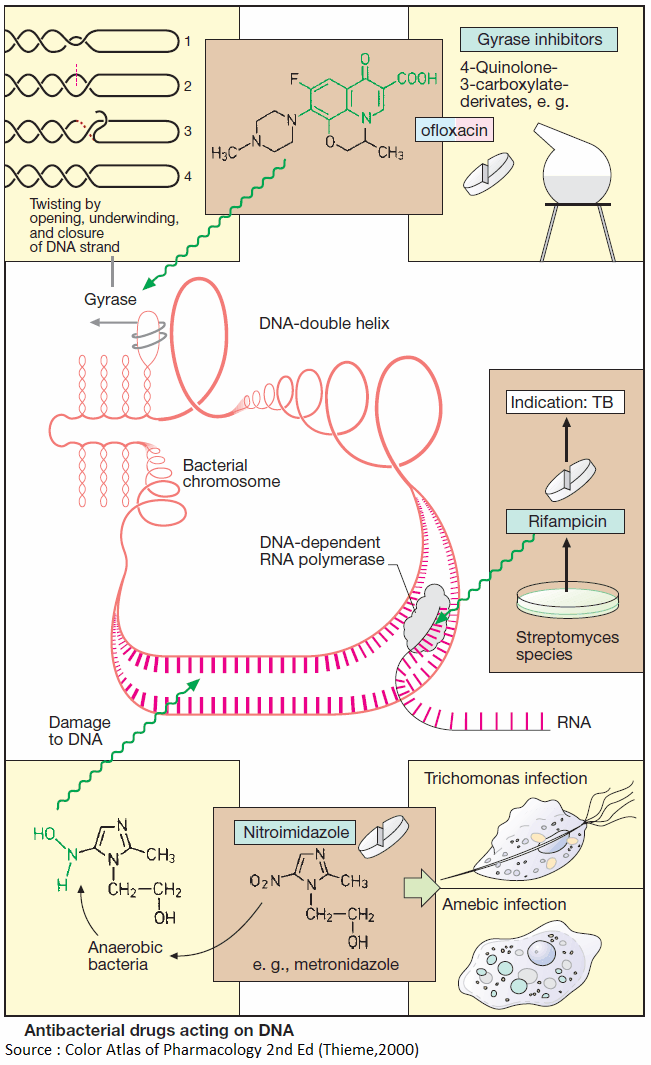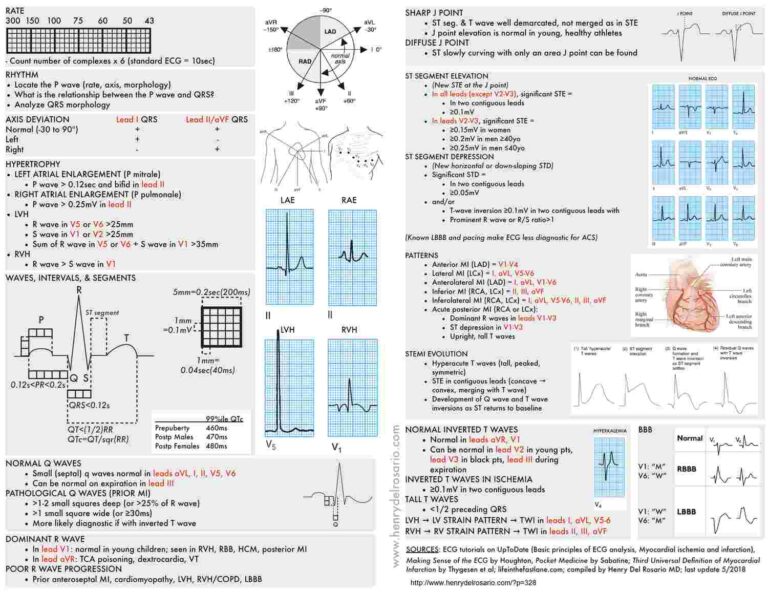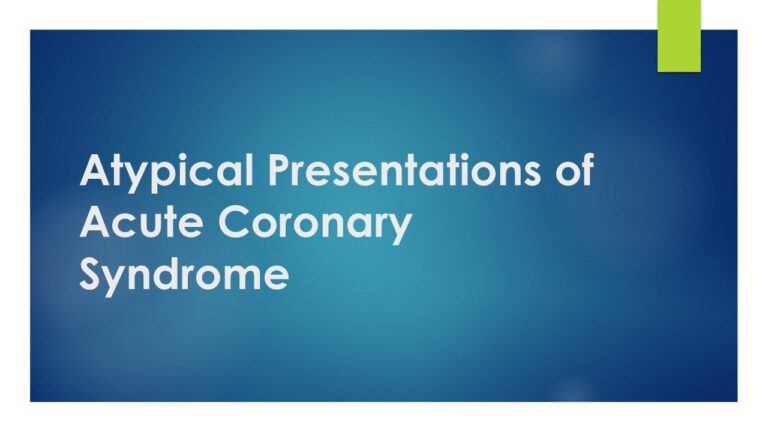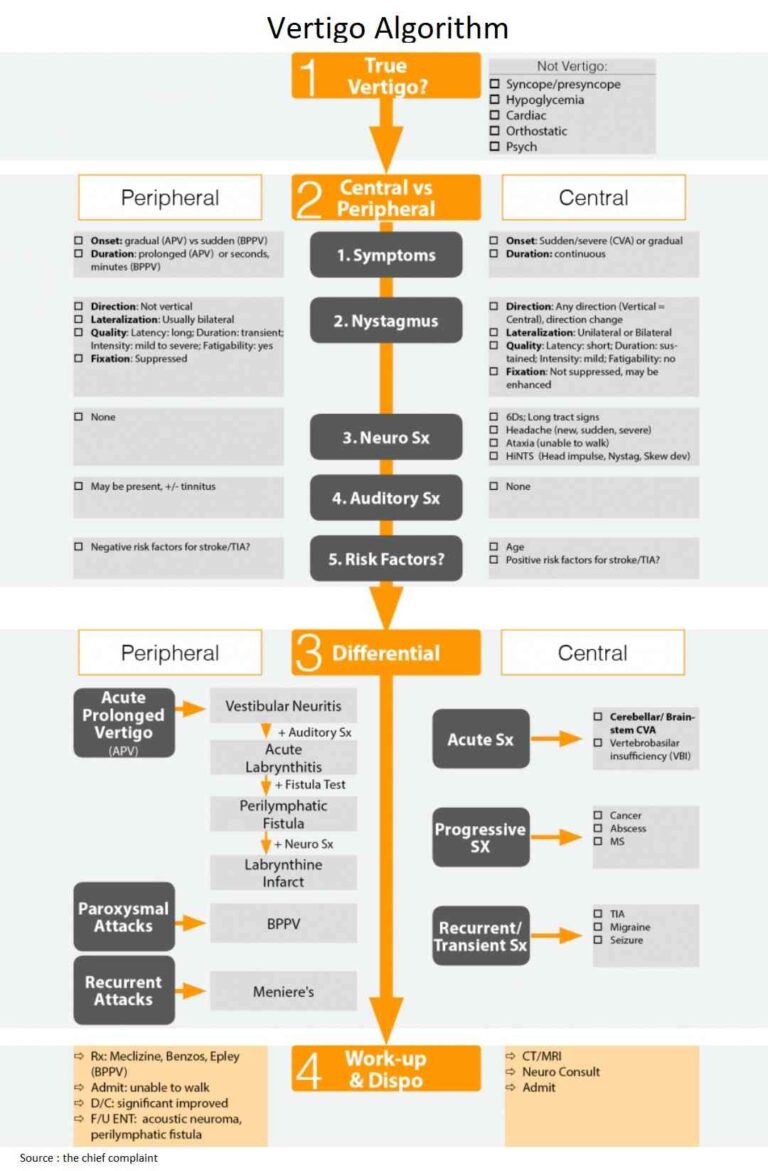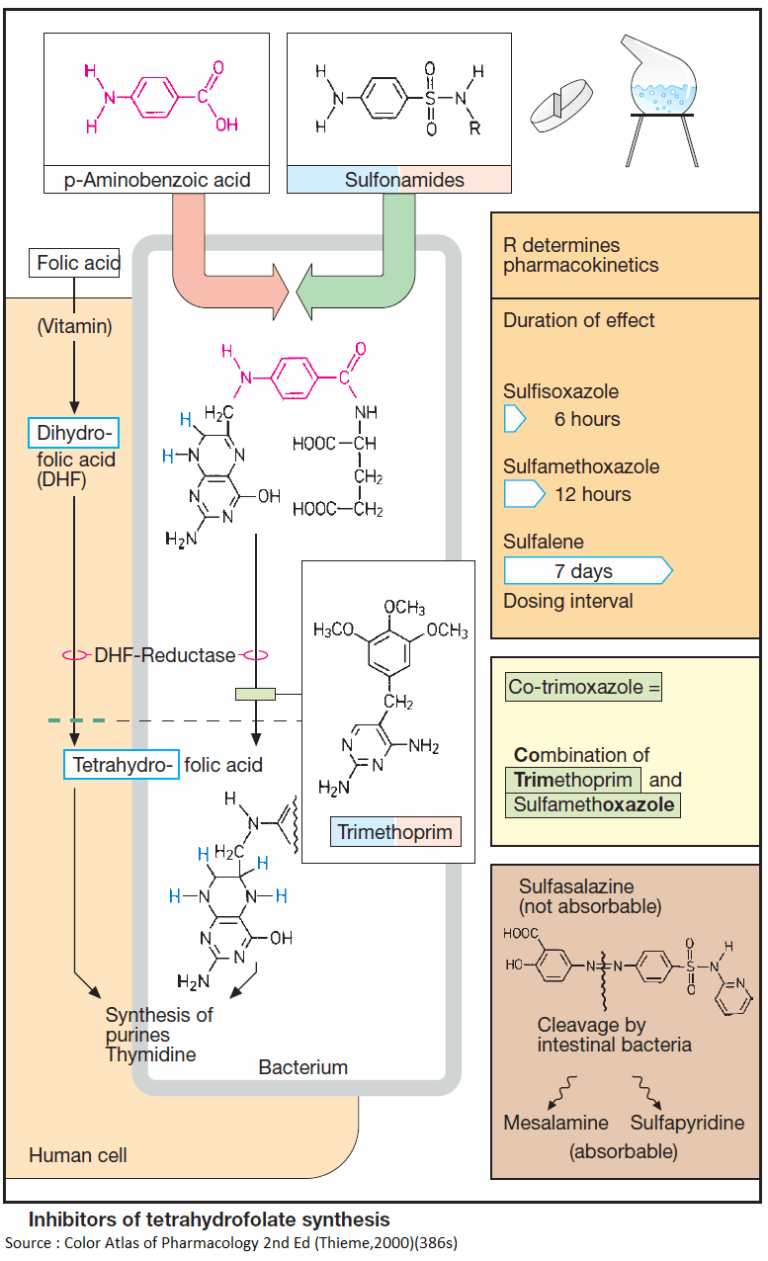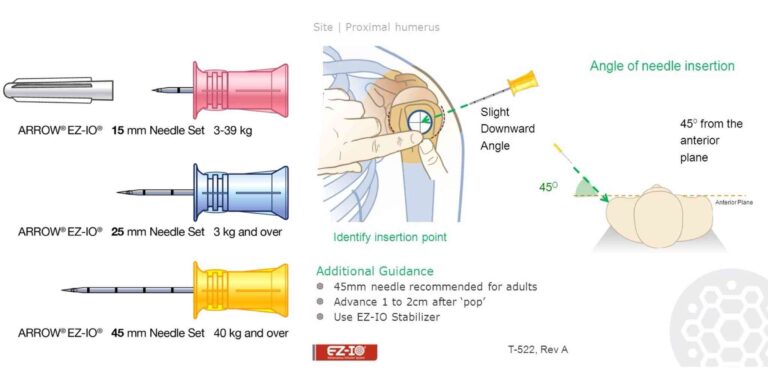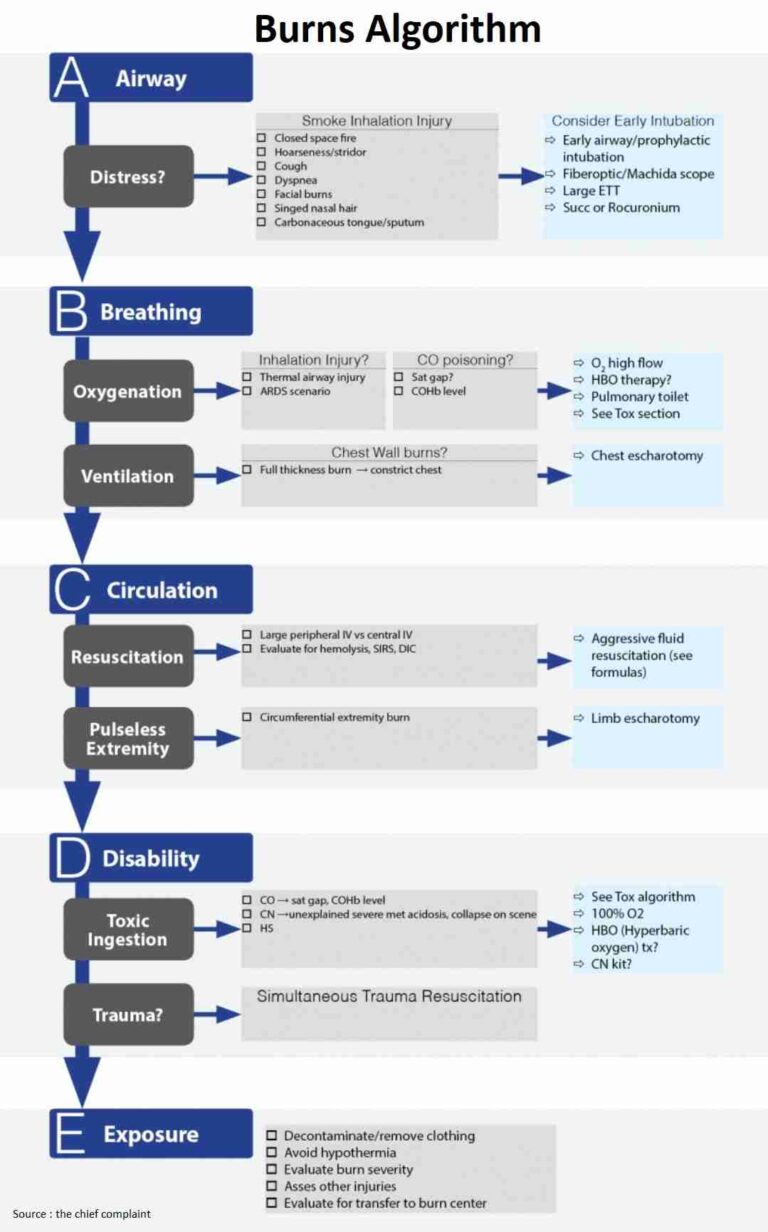Know how to Identify Abdominal Compartment Syndrome
Abdominal Compartment Syndrome occurs when elevated intra-abdominal pressure (IAP), or, intra-abdominal hypertension (IAH), leads to new organ dysfunction. The incidence of abdominal compartment syndrome in the ED has not been reported, but in studies of trauma patients, the incidence is between 1% and 14%.

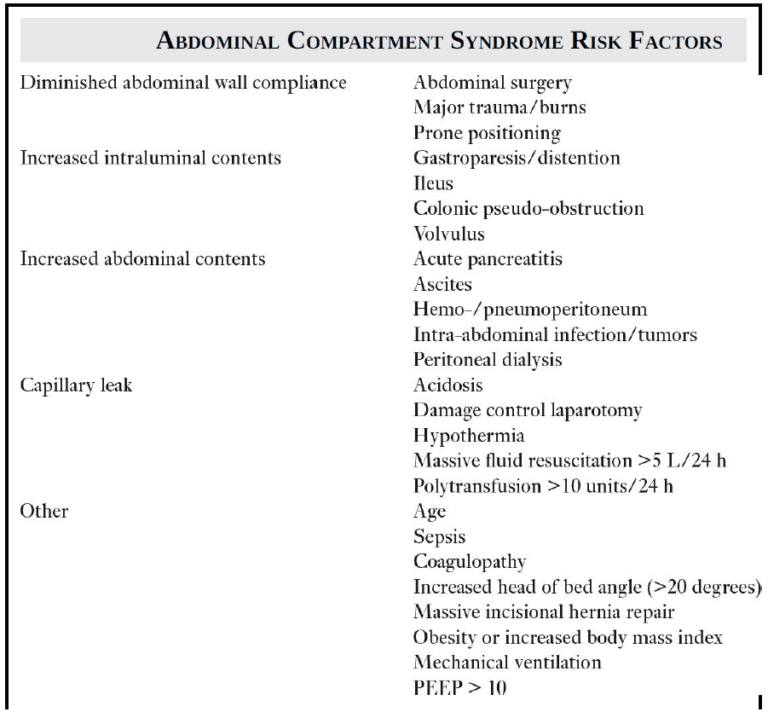
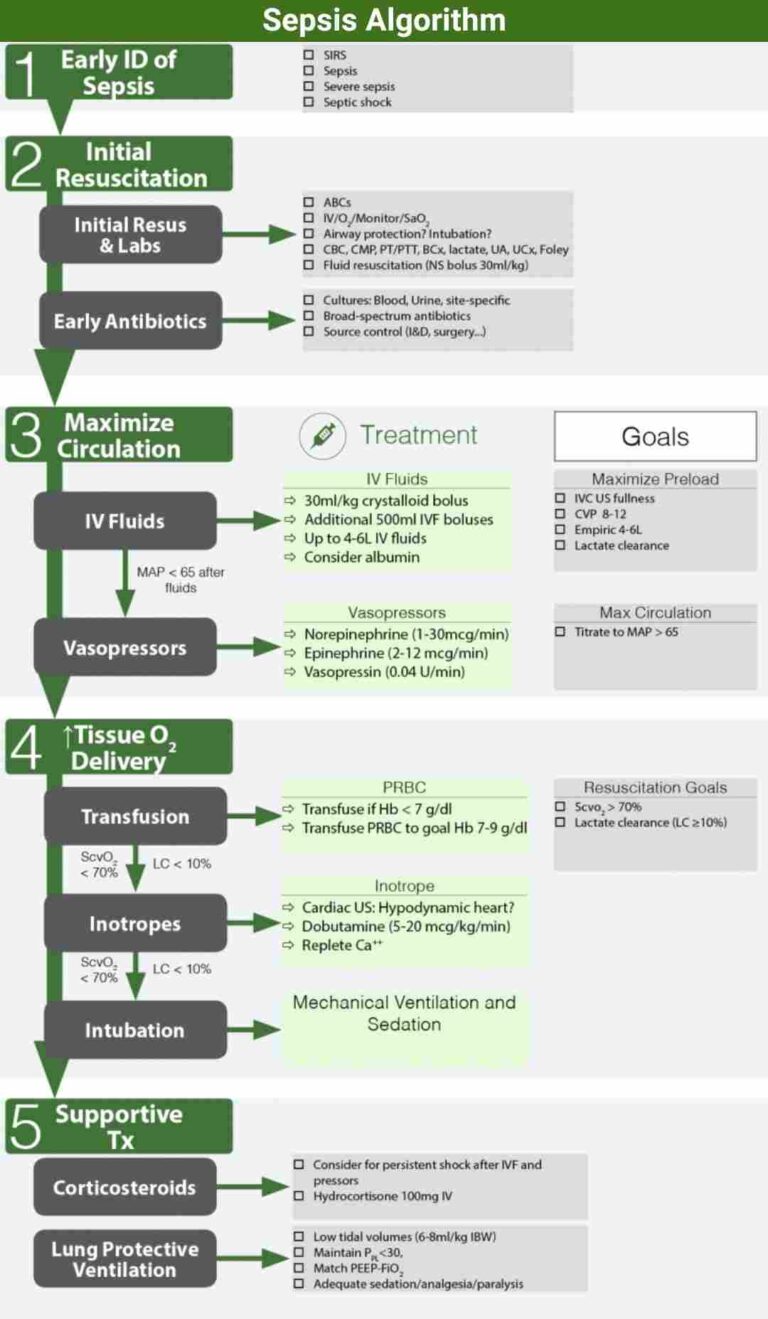
![Read more about the article Conduction Blocks at the AV Node (AV Blocks) [With Examples]](https://manualofmedicine.com/wp-content/uploads/2021/05/Excerpt-AV-Blocks-768x623.jpg)
